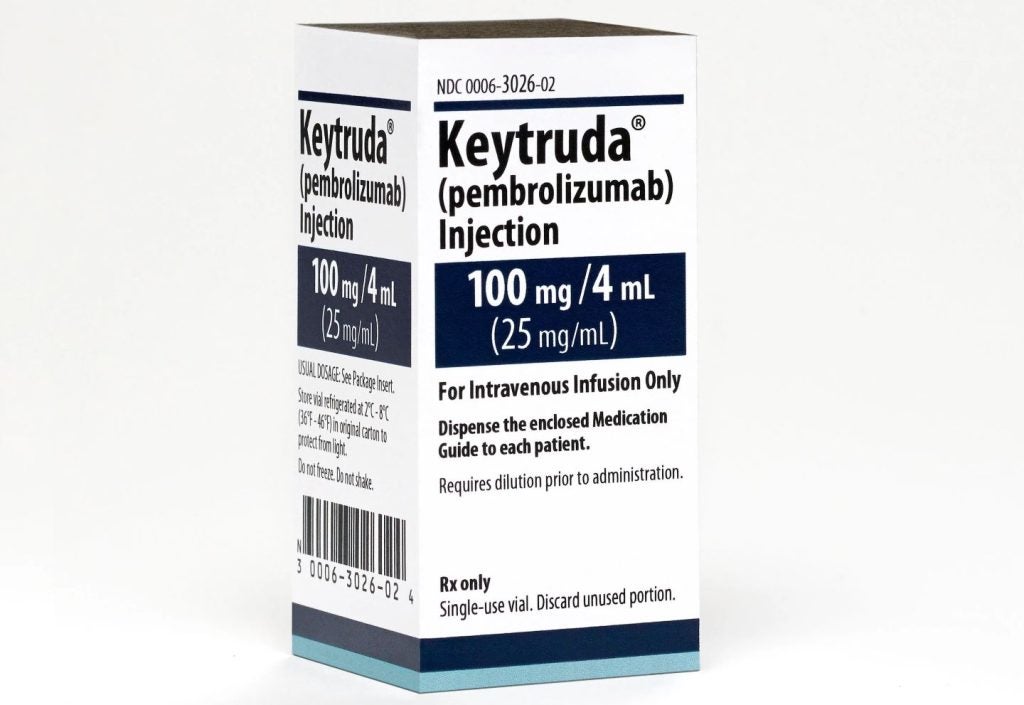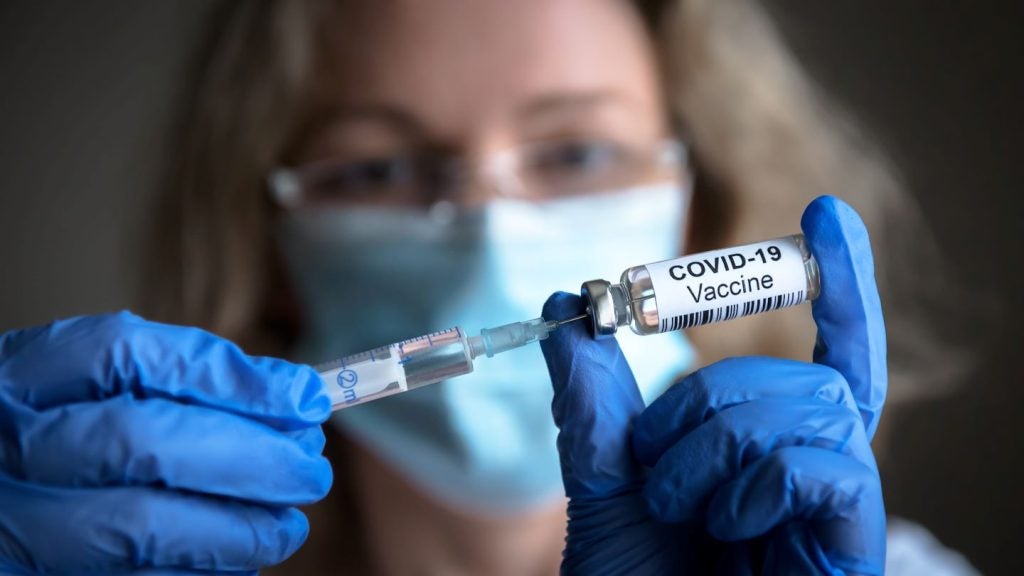GSK has obtained approval from Health Canada for Jemperli (dostarlimab for injection) plus carboplatin and paclitaxel to treat endometrial cancer in adults.
Patients with primary advanced or recurrent mismatch repair deficient (dMMR) or microsatellite instability-high (MSI-H) endometrial cancer receiving systemic treatment are eligible to receive the combination regimen.
The approval for the new indication is based on interim data from Part 1 of the Phase III RUBY clinical trial.
GSK Canada country medical director Marni Freeman stated: “The approval supports our ambition for Jemperli to advance the standard of care for Canadian adult patients with primary advanced or recurrent dMMR/MSI-H endometrial cancer.
“This expanded approval of Jemperli offers a new care option to healthcare professionals treating this patient population with high unmet need.”
A programmed death receptor-1 (PD-1)-inhibiting antibody, Jemperli attaches to the PD-1 receptor and hinders its interaction with the PD-1 ligands.
Jemperli received approval in December 2021 under Health Canada’s Notice of Compliance with conditions as a single agent for treating dMMR or MSI-H recurrent or advanced endometrial cancer in adults.
The treatment was intended for patients who have advanced on or following a previous platinum-based treatment regimen.
The latest approval for Jemperli was granted under the international collaboration Project Orbis and the priority review policy of Health Canada.
In October 2023, the UK Medicines and Healthcare products Regulatory Agency (MHRA) authorised GSK’s Jemperli for certain types of endometrial cancer.















